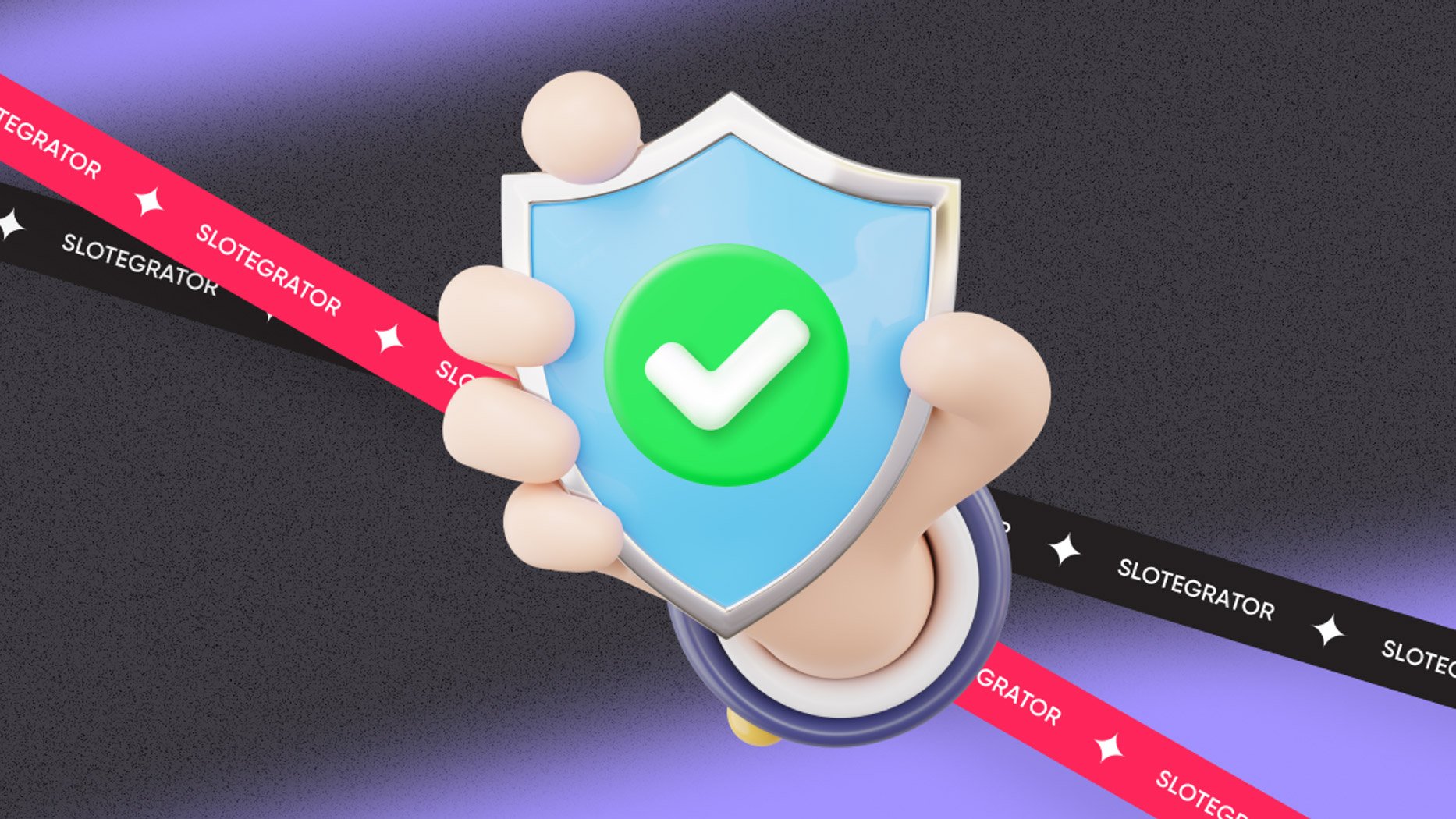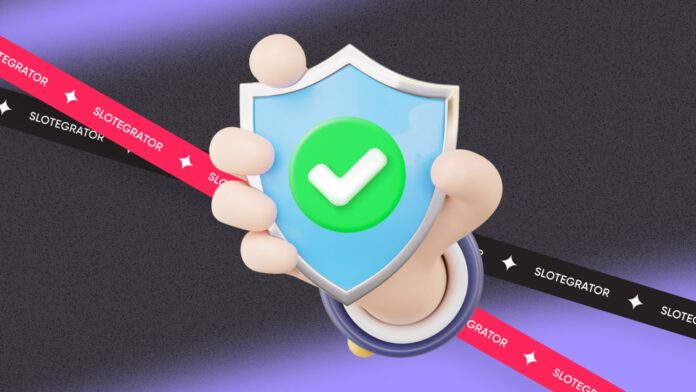
The digital era puts us only a click away from all of our desires, but this connectivity comes at a price. The internet is filled with criminals who aim to steal money and personal data. New innovations and applications can help them commit their crimes even more effectively. Slotegrator shares a basic guide for cybersecurity for online casinos and sportsbooks to help protect your iGaming business.
In today’s digital landscape, no business is immune to cyberattacks.
In the iGaming industry, cyberattacks are a common occurrence. Incidents are increasing at a rate of 1,000% per year, resulting in an average cost of £3.1m for operators. These attacks have caused significant financial losses and reputational damage.
Companies not only have sensitive information and financial resources that hackers can exploit or steal, but they also stand to lose millions if their operations are disrupted.
Financial loss is not the only consequence of a hack. The personal data of the players, which iGaming companies are responsible for, can also be compromised. When criminals gain access to players’ personal accounts, they can use this information to hack into their email or social media accounts, etc. The scammers’ imagination is endless here.
Slotegrator Academy prepared a special article where you can find information about the sources of threat and common types of cyberattacks (between them – port scan attacks, DDoS attacks, SQL injections, ransomware, cheating, etc). You can find more here.
How can you protect your iGaming business? Here is a basic guide for online casino and sportsbook cybersecurity from Slotegrator:
-
Keep software up to date. Simply put, software is complicated, and malicious hackers are constantly probing it for weaknesses. Developers fix bugs and patch vulnerabilities to secure the system, but it is crucial to actually implement these changes to stay protected.
-
Make sure your staff is trained. Even the most clandestine hacks often need a human to click on a link, download a file, or press a button. For this reason, staff trained to be aware of cybersecurity threats can be an impenetrable bastion of defense.
-
Penetration testing. Penetration testing is when you pay a cybersecurity company to hack you. If they succeed, you can patch up the vulnerabilities and protect yourself from a real malicious attack.
-
Make sure the law is on your side. Unlicensed black-market operators are a prime target for hackers. If operators can’t turn to authorities for help, bad actors can steal data, extort money, and avoid punishment even if the hackers themselves are exposed. In some cases, these hackers are even mandated by the government itself.
-
Use secure technology. It’s better to be safe than sorry, especially in IT. Use both elementary solutions like CAPTCHA and more complex ones like Cloudflare from DDoS attacks, encrypt your databases against SQL injections, etc. These attacks mostly target companies with outdated or substandard infrastructure, so investing in security can dramatically lower your risk.
Original article: https://www.yogonet.com/international/noticias/2023/11/28/69841-slotegrator-shares-a-basic-guide-to-igaming-cybersecurity















